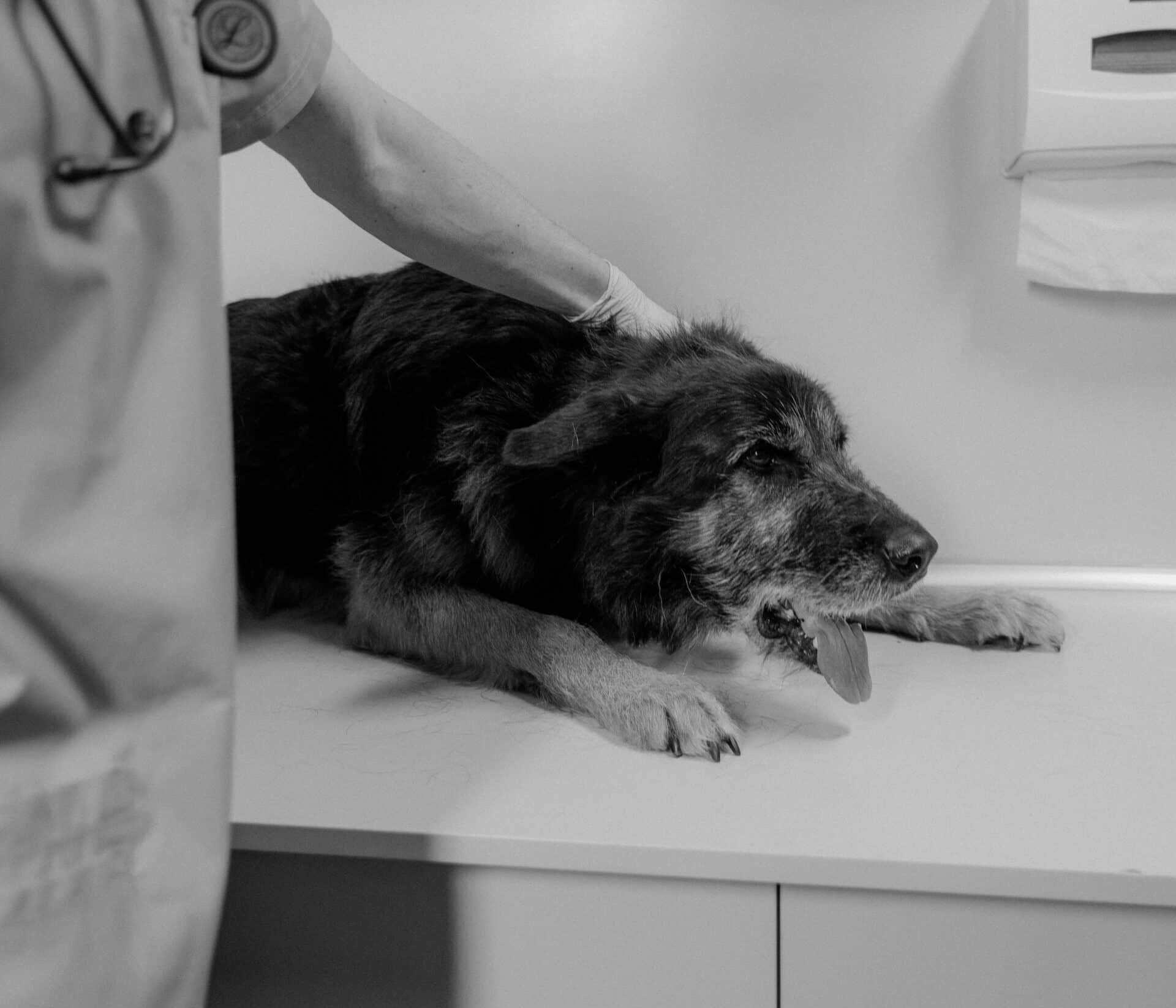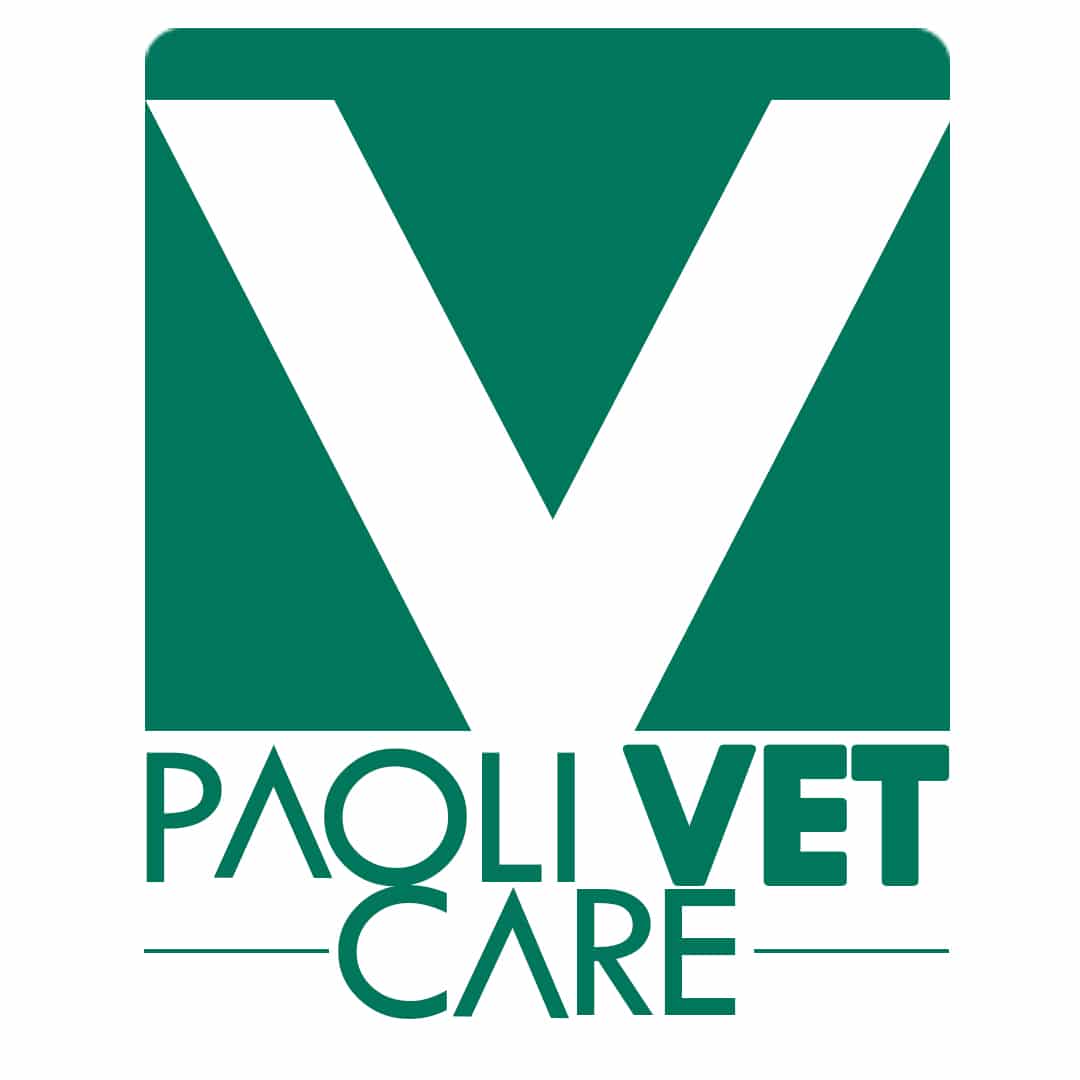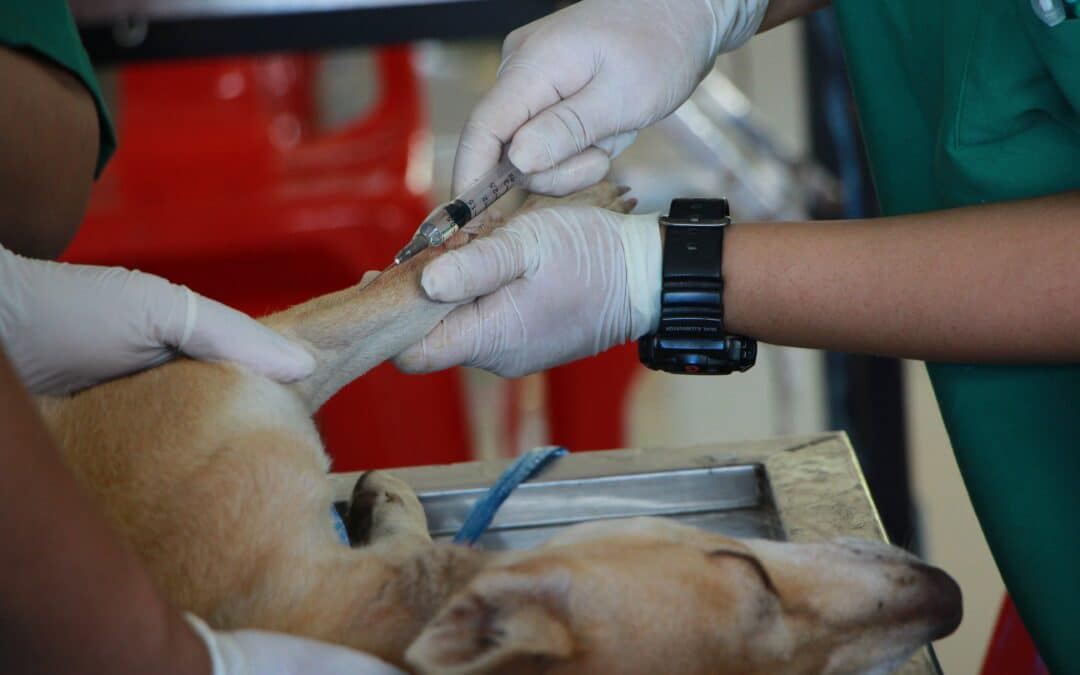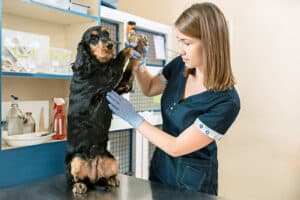Dogs, our loyal and loving companions, often feel like family. Naturally, you might wonder if you could pass on an illness to your pup just like human family members. The short answer is yes; it’s possible but less common than you might think.
Yes, in some rare cases, humans can transmit certain illnesses to dogs, including specific bacterial and viral infections such as the common flu, ringworm, tuberculosis, the mumps, and MRSA. It’s important to care for your dog to ensure the wellness of your household.
What Is Zoonosis?
Table of Contents
Zoonosis refers to infectious diseases caused by bacteria, viruses, or parasites that can transfer between animals and humans.
This exchange is not always a two-way street, meaning some illnesses might affect your pet, but they won’t affect you and vice versa. However, understanding zoonosis is crucial when deciphering which illnesses you might inadvertently pass to your furry friend.
Zoonotic diseases can sometimes be severe, leading to a range of symptoms in both humans and animals. While not all zoonotic diseases can be transmitted from humans to dogs, it’s essential to be aware of the ones that can.
Proper knowledge helps ensure we take the necessary precautions to prevent potential transmission. Such diseases have been historically significant, and many public health initiatives revolve around controlling zoonotic transmissions.
Transmission of Illnesses from Humans to Dogs

It’s essential to note that while some diseases can be transferred from humans to dogs, it doesn’t mean every sneeze or cough poses a risk. Let’s break down the specifics:
Contrary to popular belief, you can’t share your cold or flu with your dog. However, there have been instances where strains of the flu virus affected dogs after mutating.
It’s always a good idea to maintain hygiene around your pet, especially when under the weather, not necessarily because of the risk of illness but to ensure your dog remains comfortable and healthy. If you notice your dog not eating or displaying other symptoms, it’s essential to consult with a vet.
Recent studies have shown that while dogs might not contract the same strains of flu as humans, they have their flu viruses to contend with.
An interesting fact to consider is canine influenza, a disease caused by specific strains of influenza A viruses. These are known to infect dogs primarily and are not believed to be transmissible to humans.
Bacterial Infections
Bacteria are microscopic organisms that can sometimes cause illness. While many bacterial infections are species-specific, there are a few that might jump from humans to dogs:
Salmonellosis
Dogs can contract Salmonella from consuming contaminated food, but it’s rare for humans to pass this bacteria to dogs directly.
Campylobacteriosis
This bacterium is commonly found in the digestive tracts of dogs and humans. If a human has it and doesn’t practice proper hygiene, there’s a slight chance of transmission.
Methicillin-resistant Staphylococcus aureus (MRSA)
MRSA is a type of bacteria resistant to several antibiotics. Both humans and dogs can be carriers without showing symptoms. If a person has an active MRSA infection, it’s possible, though rare, to transmit it to a dog.
Tuberculosis
Although rare, dogs can contract tuberculosis from humans. However, the TB bacteria usually affects dogs with compromised immune systems or close, prolonged contact with a TB-infected individual.
While transmitting diseases from humans to dogs is possible, it’s not a frequent occurrence. Regular check-ups, like a new client exam, can help ensure your dog remains in the pink of health. Remember, it’s always better to be safe than sorry when it comes to your dog’s health.
How to Keep Your Dog Healthy
Ensuring the health and happiness of your furry friend is paramount. While some diseases can transfer from humans to dogs, many of these cases are preventable.
Adopting simple habits and regular care can be instrumental in safeguarding your pet from potential health threats. Here are some best practices to keep your canine companion in top shape:
Vet Checkup
Routine veterinary visits are the cornerstone of your dog’s health. Just as humans need regular doctor’s checkups, dogs require periodic examinations to ensure everything runs smoothly. A comprehensive check-up can spot potential issues before they become severe, ensuring early intervention and treatment.
Remember, catching a potential problem in its initial stages can save you a lot of stress, not to mention vet bills, down the line.
Flea & Tick Prevention
External parasites like fleas and ticks aren’t just a pesky nuisance; they can transmit several diseases to humans and pets. Ensuring your dog is protected against these critters is vital.
Regular treatments, topical solutions, collars, or oral medications, can keep these pests at bay. Additionally, make it a habit to physically check your dog, especially after outdoor excursions, to ensure they’re free from unwelcome guests.
Wash Your Hands Regularly
Simple hand hygiene can work wonders. After all, our hands are the primary agents transferring germs and bacteria. Washing your hands before and after interacting with your dog, especially if you’ve been sick, can drastically reduce the chances of transmitting any potential pathogens. It’s a small habit with big benefits.
Minimize Contact
If you’re feeling under the weather, especially with flu-like symptoms, minimizing direct contact with your dog is a good idea. While the risk of transmitting your illness to your puppy is minimal, it’s always better to err on the side of caution. Consider setting up a comfortable space for your dog away from your primary living areas until you feel better.
Conclusion
The health of humans and dogs is intricately linked in more ways than one. As responsible pet owners, we must stay informed about the potential risks and take necessary precautions. By educating ourselves and being proactive in our care approach, we can ensure the wellbeing of both species.
If you ever suspect your pet is ill or notice any unusual behavior, it’s crucial to consult a professional. Remember, early intervention is the key to resolving many health issues. For expert advice and care, don’t hesitate to contact Paoli Vetcare. Your pet’s health deserves the best; we’re here to provide just that.








